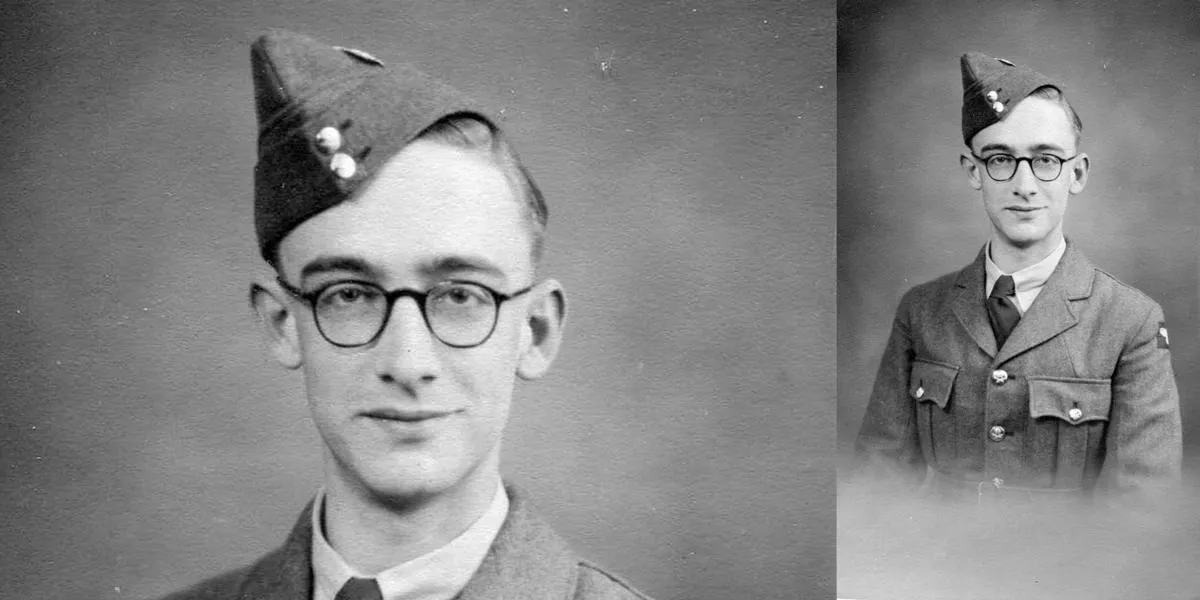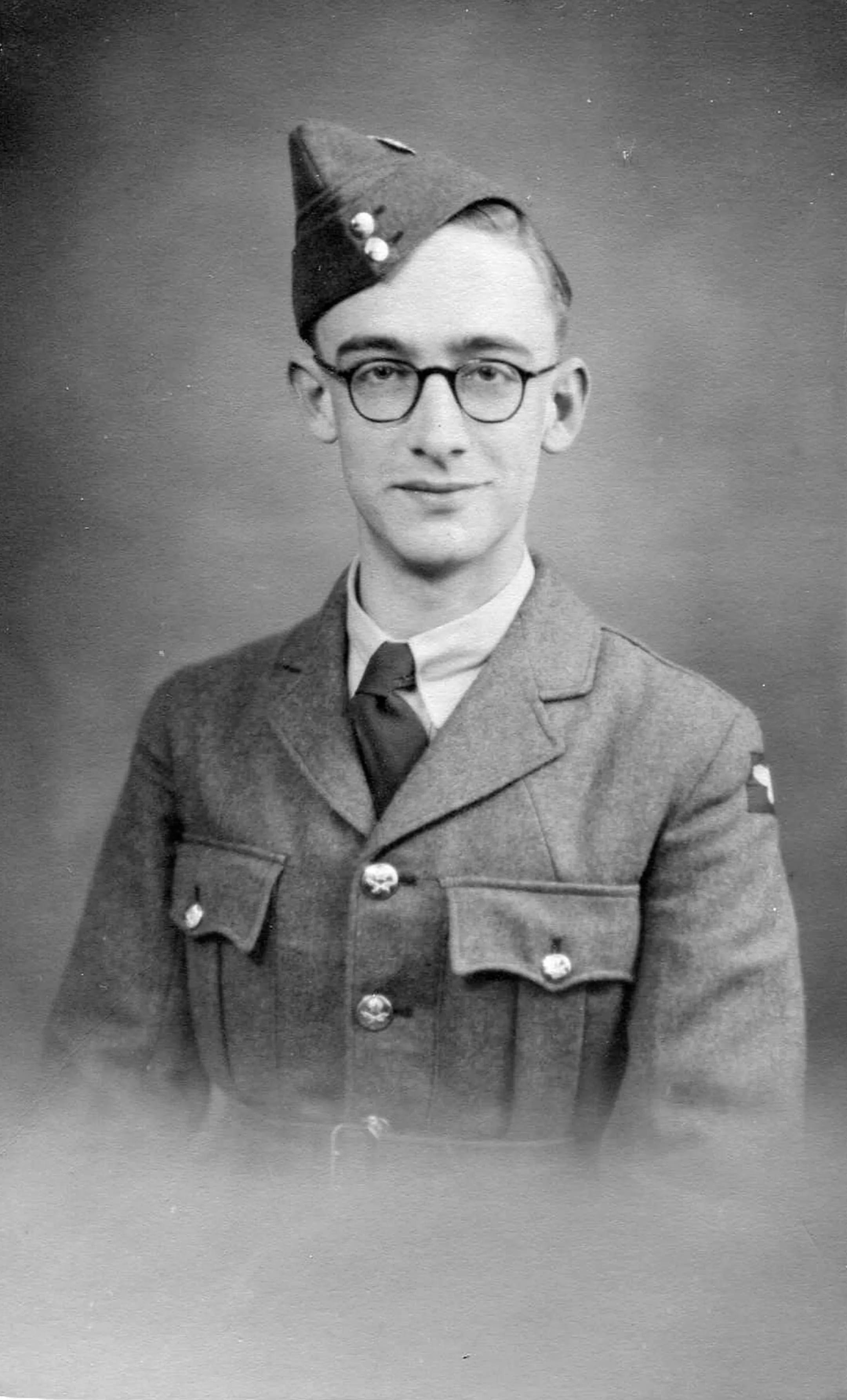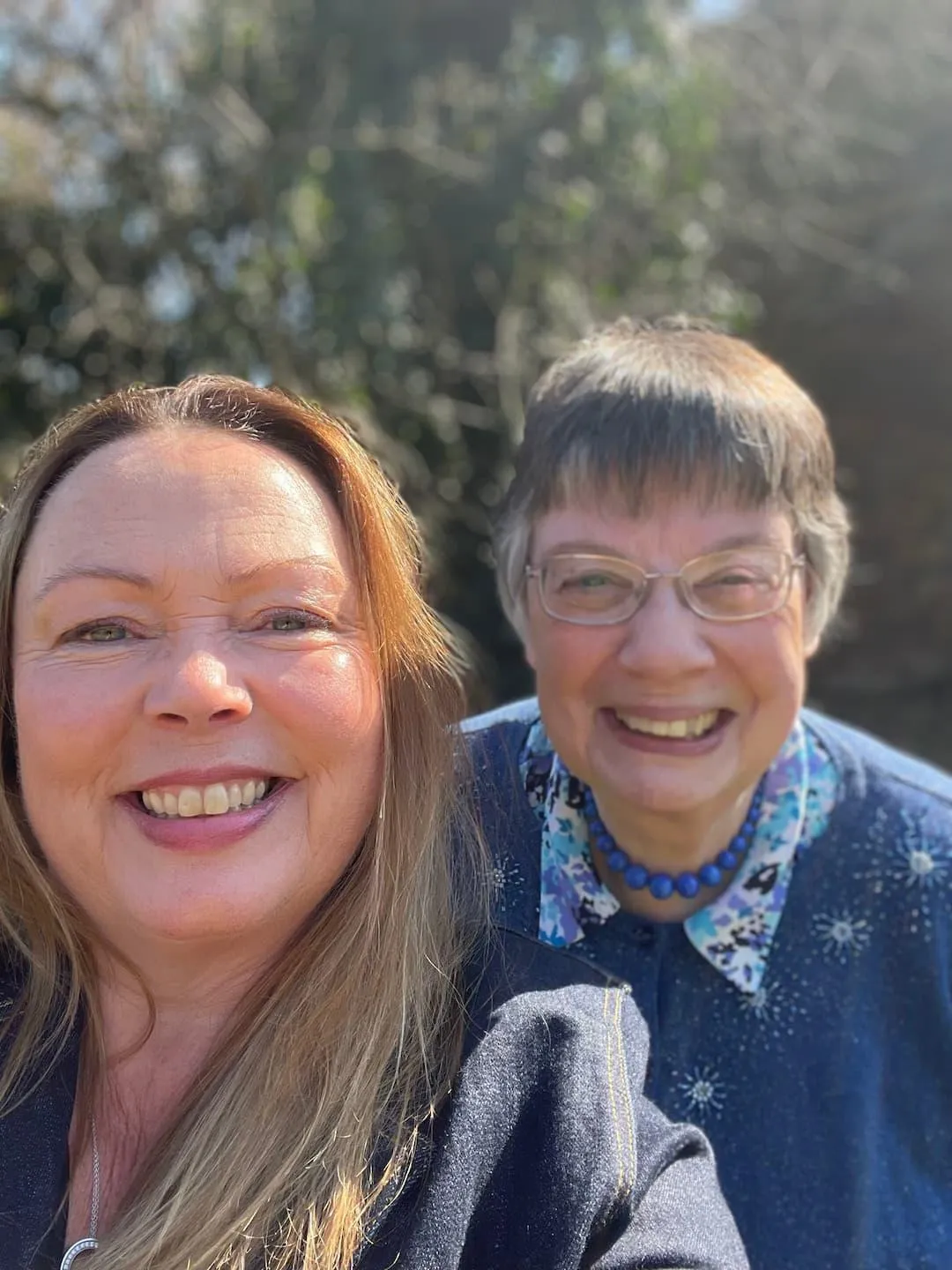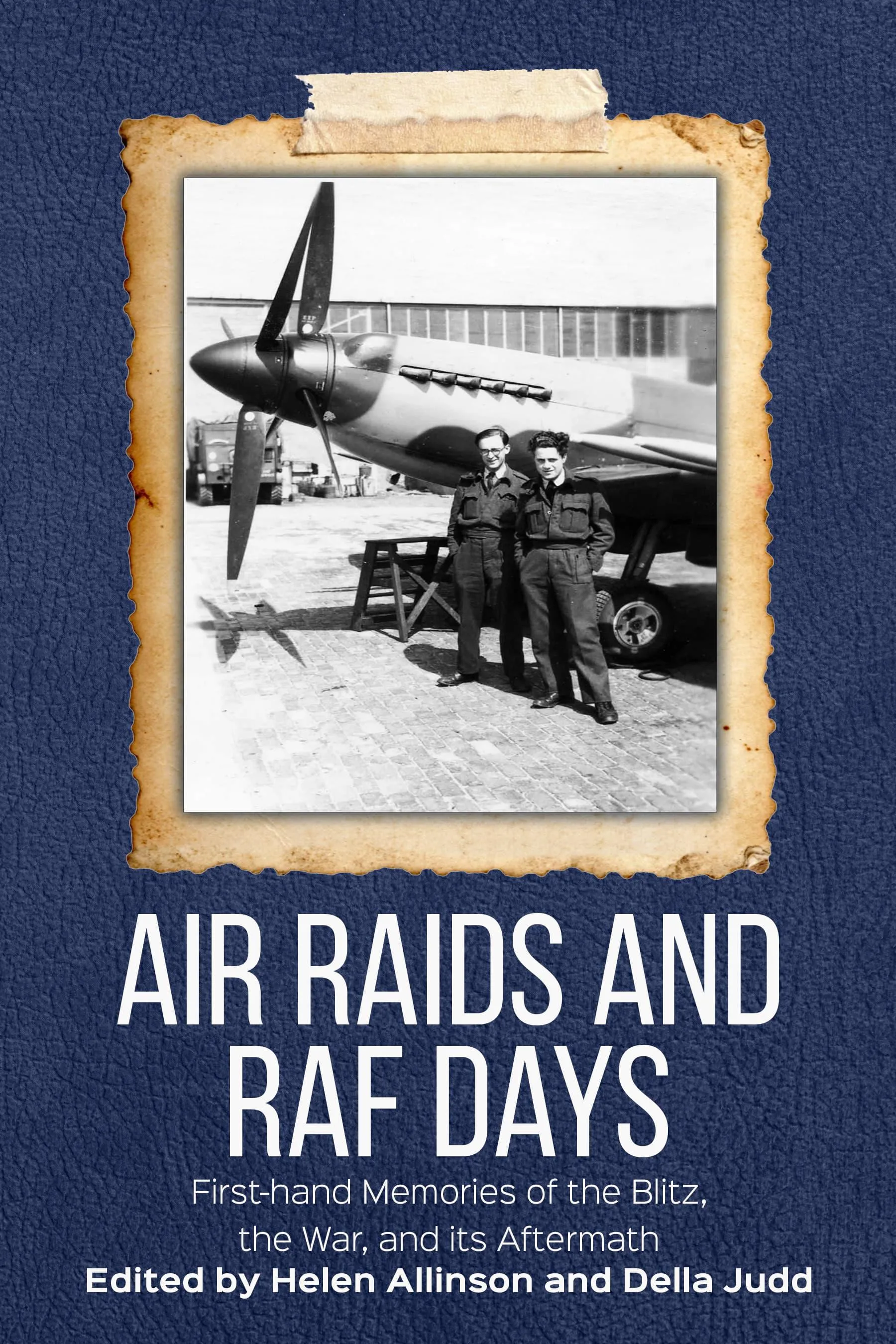The war diary of John Teague

Researcher Della Judd writes about her London born grandfather, John Teague, and his war diaries.

The bomb damage maps and records were a source of great fascination to my grandfather, John Teague. He wrote diaries throughout his life, recording:
My habit of keeping a detailed diary appears to have originated in June 1938, when I was 16. It was at first in part scribbled in pencil and part written in ink in a fragmentary hard-bound account book.
He was living in Norbert Road, Deptford at the time with his parents Maude and Sidney Teague.
When war broke out, he was transferred to the air raid control centre in Camberwell Town Hall and during the Blitz was tasked with requisitioning houses and re-homing bombed out families.
He recorded in the diaries a lot of details about the bombs and the damage in his local area. I include a small extract below from 1940.
Diary extract - September 1940 to January 1941
7 September
On duty at Wells Way Library, 13:00–21:00. Air raids 17:00–17:40. Mass air attack on the Surrey Docks, Old Kent Road Gas Works and all down south of the river the docks on fire with blazes close to the library. Heavy explosions continually, close by, so I went to bring Mr Sollis and his young family from his shop to shelter in the library basement until I shut early at 20:31 just after the all-clear. The sirens went off again 10 minutes later. Screaming bombs were dropping around Havil Street just after I passed down it, walking home. The fire illuminated all London, with the bloody Hun stoking it from continuous waves of bombers. This raid continued until 05:00.
I reached home at 02:15 after many dives into doorways and lying down in the roadway once or twice. I had to divert around the larger incidents and areas with unexploded bombs, as the police would not let me through.
Yesterday 400 were killed in South London and there were 1,300 serious injuries.
Sunday, 8 September
Air raid 12:30–13:20. The people in the crowded shelters last night apparently behaved very well. Firemen went into the docks area and died in numbers; fires are still blazing there. Old Kent Road Gasworks fire was put out today. We all went to shelter under the railway arch at Brockley Cross. Dad rather reluctant, stiff upper lip? We found ‘regulars’ there, who had the best places. I don't think we will come again.
9 September
On duty 13:00–21:00. Trams from Brockley to the Marquis of Granby only. An unexploded delayed-action bomb at New Cross. I had to get off at Vesta Road and walk over the hill to New Cross Fire Station, where I got a tram to Havil Street and then walked. Houses along my whole route are severely damaged. Gimber's Tub Works, Peckham Steam Laundry and Anderson's empty building are completely gutted. Gas and telephone out of action at Wells Way Library. Courtney says that the bombs near him in Dulwich last night were filled with tar and creosote and all caused fires. Warnings from 17:00–18:30 and 20:45–05:45.
St Catherine’s parish church at Hatcham was hit by firebomb.
Many years later, on visiting Lewisham Local Studies to check war damage records, John noted:
6 September: the first three bombs in the borough at Tyrwhitt Rd, Breakspears Road and Brockley Road. On the 7th - 136 incidents in Deptford, including the first unexploded bomb.
At the start of 1941 John was based out of Goldsmith’s School, Southampton Way, helping to billet the bombed out families. He was training to be a librarian at this time, later becoming Chief Librarian at City University Library. You can see his love of books come through in his writing.
1 January
I settled 34 people in requisitioned premises during my 09:00–16:30 stint. The next day it was 40 people.
5 January
Fifty people settled. We are sleeping regularly under the kitchen table, at least it is warm.
9 January
Bomb removed from front of library opposite, buses and trams restarted.
10 January
Another delayed-action bomb found at the Central Library opposite. We were given the option to ignore it, which we did, although others in Ondine Road and Beauville Road went off, so we were lucky.
11 January
Saturday night, Camberwell Central Library was burnt out, with great loss of books, many unique. I was working on Sunday, so I went across the road to look at the wrecked building, but instead I was impelled to assist in retrieving a few dozen books, but piled hundreds of charred ones for removal. We have settled 1,111 people in requisitioned premises so far.
13 January
I went to Oliver Goldsmith’s School, as usual. Although the bomb in front of the library has been defused, there are still bombs at the side and rear. I hope that they are not ticking away.
I ducked under the ropes when I had a brief lunch break and inspected the library. The newsroom roof has collapsed, the whole place is gutted. The reference library is badly damaged, so sad to lose all those valuable books, but better than losing people. The junior library is almost totally burned out and the whole building will probably have to be taken down.
I looked down the crater at the front, it was enormous and of great depth. In the afternoon I told Sherwood what I had been up to, and he said he was surprised that I was such a daring bugger on the quiet. He told me that Hahn had said that there were no firewatchers in the building. They had fled to shelter elsewhere when the bombs began to whistle down, thus we lost the Central Library.
Reflection
It amazes me, reading this now some 80 years on, to see what my grandad was faced with day after day, night after night! When I recently visited the 'London Second World War' exhibition at The London Archives, I could see the scale of the bombing in the area where my grandad lived and worked. I felt how lucky he was to survive.
This article was written in connection with the London in the Second World War exhibition which closed on 19 February 2026.
London in the Second World WarAuthor Bio

Della worked with her aunt Helen to edit and create this memoir, which celebrates John Teague, Helen’s father and Della’s grandfather and was published as, 'Air Raids and RAF Days'.
Della Judd spent her corporate career in senior leadership roles in professional services. As a motivational Executive Coach and advocate for flexible working, wellbeing, and positive leadership, she wrote a career coaching book which was published in 2022 and a podcast soon followed. Della followed in her families’ footsteps and is now a keen genealogist and family researcher. Della loves to tell a story and wants to make sure that people don’t forget the important events of the past.
Helen Allinson was born in Bromley, Kent and has always had a fascination with local history and genealogy. She is an experienced local historian, now residing in Sittingbourne, Kent and is the author of numerous local history books. A retired teacher, Helen volunteers at Sittingbourne Heritage museum and still loves the thrill of looking at documents that have not seen the light of day for decades!
